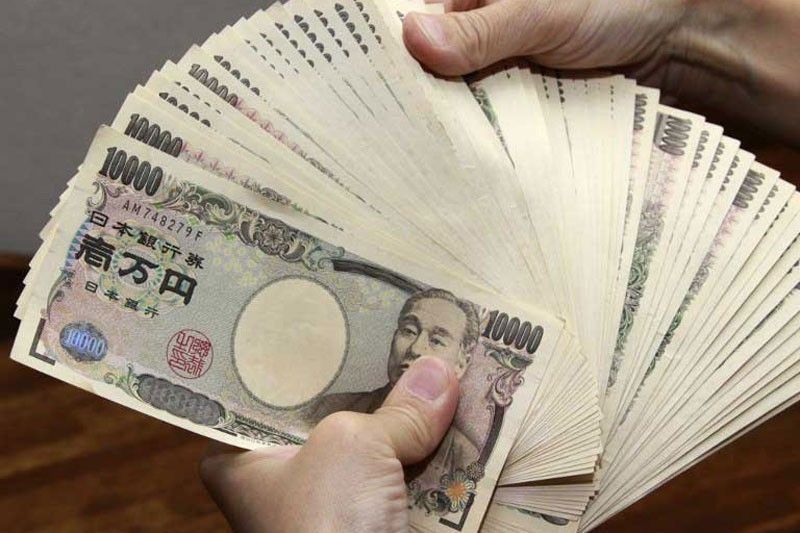Philippines, Japan eye direct ¥-? trading platform

MANILA, Philippines — The Philippines and Japan inked an agreement for the possible establishment of a yen and peso direct trading framework as part of efforts to reduce foreign exchange risks.
Bangko Sentral ng Pilipinas Governor Benjamin Diokno and Japan Minister of Finance Taro Aso signed a letter of intent Friday signifying the mutual interest to explore the establishment of a Japanese yen –Philippine peso direct trading framework.
Under the envisioned trading framework, the yen could be directly priced against the peso and vice versa, reducing foreign exchange risks and encouraging wider use of both currencies.
The framework is also viewed as a good opportunity to deepen bilateral economic and commercial ties between Manila and Tokyo as its implementation is expected to boost trading and investment volume between the two countries.
Japan was the Philippines’ second major trading partner last year with total trade at $20 billion. It was also the Philippines’ third major export market and import supplier.
In the same year, Philippine exports to Japan amounted to $9.5 billion, while the country’s imports from Japan reached $10.5 billion.
Japan was also among the major sources of foreign investments approved by Philippine investment promotion agencies last year as it registered $19.73 billion worth of investments.
President Duterte signed more than 20 business deals worth almost P300 billion during his state visit to Japan.
In October last year, 14 Philippine banks signed a memorandum of agreement for the direct trading of Philippine peso and Chinese renminbi (RMB) amid the stronger ties between Manila and Beijing under the Duterte administration.
The BSP issued a letter of no objection to the organization of the RMB-PHP foreign exchange trading market through the RMB trading community.
The community seeks to facilitate direct foreign exchange trading between RMB and peso. Members of the community can trade RMB/PHP products through Bloomberg directly and settle the trades with the Philippine Dealing System (PDS).
The organization of this community is part of a three-stage development plan of Bank of China and PDS Holdings Corp. to develop the domestic RMB services in the country.
It aims to lower transaction costs and promote the direct use of RMB-PHP to further strengthen the economic and financial relationship between the Philippines and China, bringing convenience, financial benefits and stronger ties between “Belt and Road Initiative” member nations.
Bank of China Manila branch country head Deng Jun sees transaction volume of the platform hitting over 10 billion RMB.
- Latest
- Trending





























